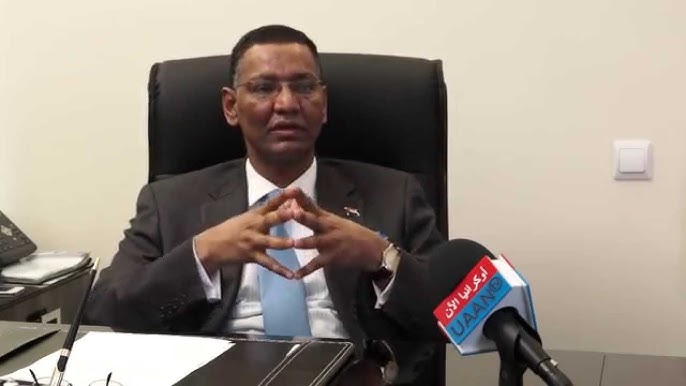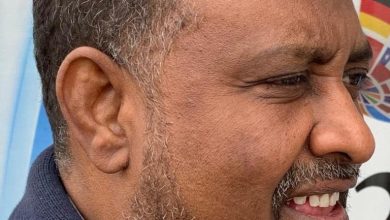
By: Ambassador: Anas Aljailani
This week, Britain faced a moral test and failed spectacularly, exposing a glaring hypocrisy in its proclaimed commitment to universal human values. The world witnessed a tragic paradox: those who claim to champion the protection of civilians, uphold human rights, and safeguard the UN Charter revealed themselves to be tools of conspiracy, wielding double standards under the guise of preserving international peace and security. Their duplicity was laid bare in the stark contrast between their pretence of protecting civilians in Sudan and their indifference to the plight of civilians in Gaza, exposing their moral bankruptcy and political opportunism.
British Foreign Secretary David Lammy’s response was emblematic of this failure. Shedding crocodile tears, he lashed out in frustration after a Russian veto derailed Britain’s agenda, delivering rhetoric dictated by neo-colonial ambitions. Yet, when the Security Council addressed the situation in Gaza, Britain remained conspicuously silent, further highlighting the inadequacy of the current mechanisms for maintaining international peace and security. This double standard necessitates an urgent and comprehensive reform of the global system, particularly the Security Council, to reflect the aspirations of peace-loving nations and uphold genuine justice and equity.
The concept of protecting civilians, which is lamented by major countries that are not entrusted with protecting humanity, was organized under the four Geneva Conventions of 1946 and their additional protocols, which are international treaties that include the most important rules that limit the brutality of wars and protect civilians who do not participate in the fighting. These conventions are the foundation of international humanitarian law, and the definition of protection in the law includes all activities that lead to respect for basic human freedom.
Britain’s failure, as the so-called “penholder” on Sudan at the Security Council, underscores the outdated and neo-imperial arrogance embedded in this role. Traditionally, penholders such as France for West Africa and Britain for Central and Southern Africa have wielded disproportionate influence over former colonies. This paternalistic system must be reevaluated, and a new vision must emerge, one untainted by colonial legacies. A more just alternative would delegate the drafting of resolutions to representative committees comprising both permanent and non-permanent council members or regional groups. While such reforms will likely face resistance from powers like Britain, the United States, and France, they are essential for fostering impartiality and equity in global governance.
Britain’s recent actions were part of a calculated plan tied to its November presidency of the Security Council. A proposed visit to Port Sudan, ostensibly for humanitarian purposes, was intended as a precursor to intervention under the guise of protecting civilians. This visit, conceived in secrecy, was designed to culminate in recommendations that would justify military intervention under a Chapter VII resolution, invoking the so-called “Responsibility to Protect” (R2P). This strategy is reminiscent of U.S. President Bill Clinton’s 1993 Operation Restore Hope in Somalia, where U.S. forces landed under the pretext of humanitarian aid, only for a Security Council resolution to follow belatedly to legitimize the intervention. Such interventions, while framed as humanitarian, undermine the sovereignty of states, a core tenet of international law and serve as a stark reminder of how these principles have been exploited to advance political agendas.
Britain and the United States are fully aware of the realities on the ground in Sudan. Civilians fleeing the atrocities of rebel militias seek refuge in areas protected by the Sudanese Armed Forces, trusting them to provide safety and security. The people of Sudan reject the militias, turning instead to their army as defenders of the nation’s dignity. Yet, these truths are ignored by those who choose to magnify Sudan’s flaws while turning a blind eye to its virtues.
May the Almighty protect Sudan from the schemes of its adversaries, strengthen its people, and grant them victory in this defining battle for dignity and survival.



